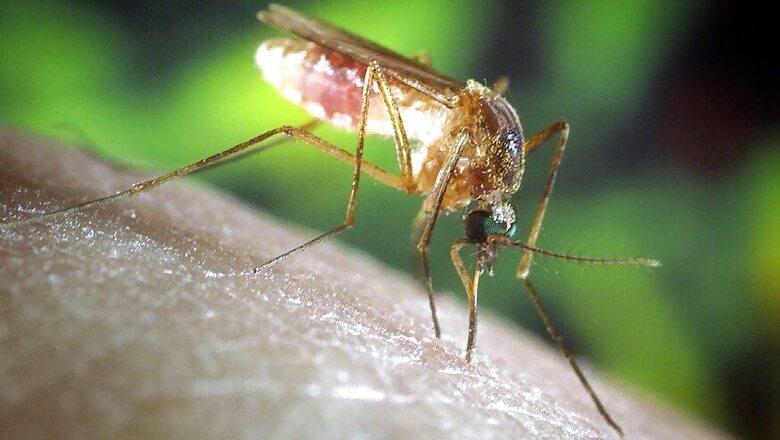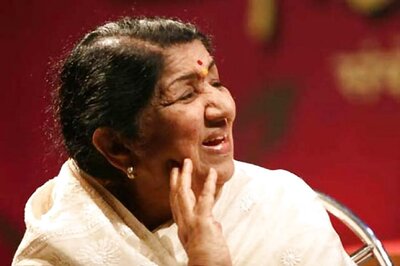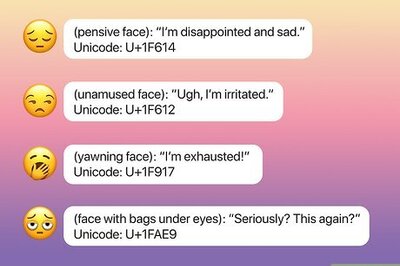
views
Sustained anti-drives by the Kolkata Municipal Corporation have helped control the number of mosquito-borne diseases in major areas of the city.
Also known as “break-bone fever”, dengue typically occurs in and around the monsoon season in sub-tropical and tropical countries. Its symptoms typically begin three to fourteen days after infection.
Even during the Puja holidays, the civic authorities had kept the 15 dengue detection centres open. The blood collection centres in every ward also remained opened, Millennium Post reported.
The KMC has divided the dengue drives into three phases. The first phase of the drive started in January and continued till June followed by the second phase, which began in July and will end in October. The two-month-long third phase termed as the follow up phase will start in November and continue till December.
The KMC held meetings in every borough to make the drives foolproof ones. The civic authorities have launched massive awareness campaign requesting people to follow the dos and don'ts prescribed by the KMC. The civic officials said in the next two months need-based drives will be conducted.
Chief Minister Mamata Banerjee instructed all the civic bodies and municipalities in the state to take measures to stop the outbreak of mosquito-borne diseases.
The Aedes aegypti mosquito is the main vector that transmits the viruses that cause dengue. The viruses are passed on to humans through the bites of an infective female Aedes mosquito, which mainly acquires the virus while feeding on the blood of an infected person.




















Comments
0 comment